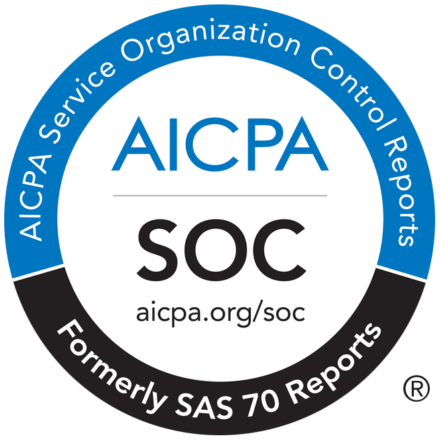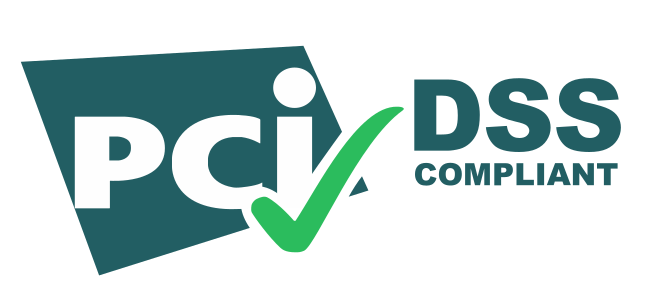The Implication of Plagiarism
Avoiding plagiarism is essential for academic scholars and professional writers. Plagiarism and copyright infringement are often considered synonymous. However, there is a difference between these two terms.
It is essential to know the meaning of plagiarism in the academic context to differentiate it from copyright infringement.
Plagiarism is taking credit for a specific work that is not the original idea of the person. The term is generally used for academic research papers and articles. It is also applied for works of art, music, and drama.
Any form of content that has been taken from a source and not given adequate credit properly fall under plagiarism. When reused in another task by the same individual, previous works of a person can lead to self-plagiarism.
It is not a severe offense, but it is considered to be plagiarism. There is also a limit to the reuse of one’s work in another paper/article. It is best to adhere to the given limit for avoiding self-plagiarism.
Copying material from the internet is plagiarism. There are multiple sources available online that provide information.
Anonymous writings are also found on the internet. Copying anything from the internet is plagiarism when the source is not credited. The legal repercussions of plagiarism are quite pronounced for academic scholars.
Plagiarized research papers tarnish the academic careers of research scholars. Apart from academia, the severity of plagiarism issues becomes less portent in the world where it is restricted to ethical use or abuse.
A Brief Delineation of Copyright Infringement
Copyright guidelines specify the rules that are present to protect copyrighted material as per copyright protection laws. These laws have been introduced to protect the intellectual property of a writer. The copyright owner or copyright holder is generally regarded as the author of the work/document.
However, the author could have given the copyright of the work to a publisher. This entitles the person holding the copyright of the document as the legal owner of the work. Copyright infringement is a legal offense that is handled by the Court of Law.
The copyright owner can sue the person who has committed copyright infringement. Compensation has to be paid by the copyright infringer for this crime. The compensation is often finalized by the legal counselor presiding over the case.
The copyright laws that protect work do not have the same rules. It is best to check the protection laws applied to the text or work protected by copyright law. In a few cases, the copyright owner has specific clauses added to the legal document enlisting the copyright infringement norms.
It is essential to know the copyright guidelines given by the copyright owner. A copyright document that clearly states the rules and regulations regarding the reproduction or use of a document/work can be obtained from the copyright office.
Difference Between Plagiarism and Copyright Infringement
The difference between plagiarism and copyright infringement is difficult to discern. The confusion between the terms arises from the fact that many people use the two terms synonymously.
While plagiarism is simply understood as using work without providing citations, copyright infringement is quite nuanced. Plagiarism has various kinds, but it is not always a legal offense. However, copyright infringement takes a person directly to a lawsuit.
Plagiarism reflects the careless attitude of the person doing the work. It also reveals the hasty and lazy nature of the individual who is conducting research work. Plagiarism often stems from the inability to write articles or writing academic papers individually. In such cases, external sources are used for concealing the ignorance.
Plagiarism frequently leads to poor performance. But when it comes to copyright infringement, there is a legal route in which the case is pursued by the copyright holder against the offender. Lack of writing skills does not always propel a person to commit copyright infringement.
Lack of knowledge regarding the copyright status of the document/work and using it for distribution or performance purposes can result in a copyright infringement lawsuit. A person can have plagiarized content but might not face legal action as there is no copyright infringement involved.
This happens because copying from works that are not protected by copyright law is considered plagiarism but not copyright infringement.
Why Is It Essential to Avoid Plagiarism and Copyright Infringement?
Some laws protect academic/non-academic documents against reuse, reproduction, and also derivative work. Statutory damages are claimed by the copyright owner in cases where a person violates the copyright laws.
Plagiarism shows that shoddy work has been done by relying heavily on external sources. A lawsuit is damaging for a person’s reputation, but that doesn’t imply plagiarized papers don’t have consequences.
Indeed, legal cases are not always filed for academic writers who have plagiarized content in their works. Nevertheless, in the long run, these plagiarism instances narrow down the academic possibilities for that person. Hence, it is suitable to avoid both plagiarism and copyright infringement.
How to Avoid Plagiarism and Copyright Infringement?
Though there are pronounced differences between copyright infringement and plagiarism still the presence of either can hamper the reputation of the work done by a person. It is vital to be careful before using any external source for academic or performance tasks.
With the help of an online copyright checker and plagiarism checker, it has become effortless to avoid debilitating consequences arising from plagiarism/copyright infringement.
Software solutions conduct virtual scanning of documents to report plagiarism and/or copyright infringement issues at work. The automated solutions help a person in avoiding plagiarism and copyright infringement lawsuits.
Conclusion
It can be conclusively stated that copyright infringement is a legal construct, while plagiarism is an ethical construct. The similarities between the two cannot be enough to treat both the terms as identical.
It is essential to focus on the differences because even without committing plagiarism, a person can face copyright infringement lawsuits. Hence, sound knowledge about copyright protections is vital to avoid lawsuits for infringing upon copyrighted material.

